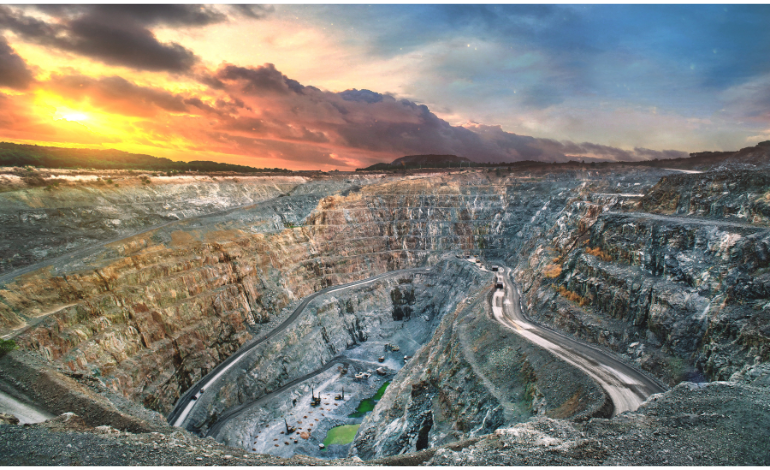A recent investigation has underscored the significant environmental and safety hazards posed by the abandoned Panguna copper mine in Bougainville, PNG. The mine, once a major operation under Rio Tinto, has left a legacy of unresolved issues following its closure in 1989 due to civil unrest. A study by Tetra Tech Coffey, commissioned by Rio Tinto, revealed extensive risks stemming from deteriorating infrastructure, collapsing mine pits, and widespread river contamination. These conditions have severely impacted nearby communities, leading to food shortages, reduced access to clean water, and increased exposure to toxic substances.
Local residents have reported frequent mine-related flooding, which has devastated crops and disrupted livelihoods. Additionally, the contamination of river systems with mine tailings has exposed communities to dangerous chemicals, raising serious public health concerns. The Tetra Tech Coffey report has called for immediate intervention to address these pressing issues.
Community groups and human rights organisations, such as the Bougainville Association and Human Rights Watch, have urged Rio Tinto to take swift action. They advocate for the establishment of a long-term environmental remediation plan and financial compensation for affected communities. Rio Tinto has committed to engaging with stakeholders to assess the findings and develop a comprehensive response plan. However, local leaders argue that progress has been slow, demanding more concrete actions to mitigate the mine’s impacts.
The Panguna mine’s legacy highlights broader challenges in PNG’s resource extraction sector, where the environmental and social costs often outweigh economic benefits. As the Bougainville region contemplates its future development, addressing the Panguna mine’s issues remains critical to building trust and fostering sustainable economic growth.
—
Digitally enhanced image of the mine.



